South Africa
The agreement signed between DRC and Rwanda has been touted by many as a major step towards ending years of war in Congo's east.
The United States which brokered the deal got involved after Kinshasa proposed a minerals-for-security offer.
But Dr. Samuel Igba, a postdoctoral researcher at the University of Pretoria says mineral wealth, is just one of the many drivers of conflict in the region and not the only one.
"The region is very rich in mineral resources like coltan, like cobalt, copper and these other resources that are very important for production in the West. And you have a lot of illegal owned mines by militia groups", Igba said.
While the agreement principally talks about Kinshasa and Kigali, there are dozens of armed groups and proxy forces in the picture, which could complicate any chances of a lasting solution.
One of those groups is Rwanda-backed M23, with which Congo is holding separate talks mediated by Qatar.
"There's a disconnect between the high-level peace building, the ones we see on TV, the Qatar process and the AU-led Luanda, Angola process... These peace processes have not led to any tangible agreement for over 30 years that this conflict has gone on, and we are seeing that there's a gap that these two high-level peace-building and the grassroots peace- building are not connecting", noted Igba.




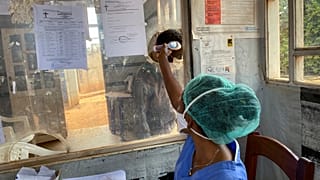

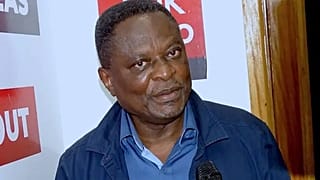
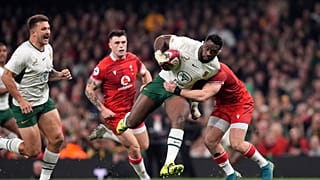

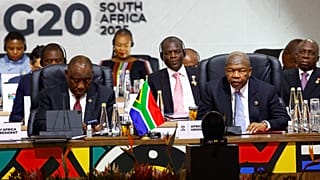
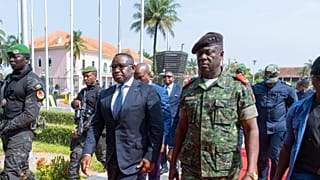
00:47
Congolese Nobel Laureate Denis Mukwege says Kinshasa-M23 peace deal 'illegitimate'
01:00
Congo, Rwanda leaders set to sign peace agreement amid M23 tensions
01:16
Sudan's Rapid Support Forces to enter into a three-month humanitarian truce
01:37
Pregnant women flee Sudan conflict amid life-threatening conditions
Go to video
Sudan official visits displaced shelters, pledges RSF defeat
00:57
DR Congo extends ban on mineral trade in war-hit east by six months